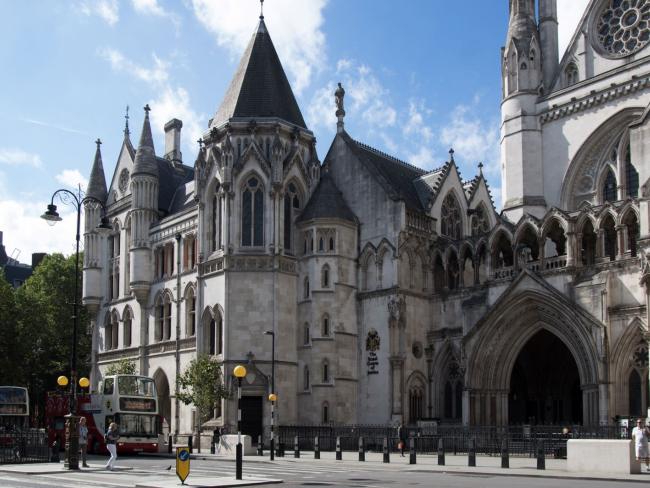11 October 2024

The High Court of Justice, London – where the future of British industry is being decided. Photo Bjørn Erik Pedersen via Wikimedia Commons (CC BY-SA 4.0).
The assault on British industry in the name of the environment and net zero took another step in September. Aided by the courts and the new government, environmental campaigners have succeeded in blocking development of a coal mine in Cumbria.
The company West Cumbria Mining has since 2014 been developing a plan for the first deep coal mine in Britain for the last thirty years. This is Woodhouse Colliery, planned for a brownfield site to the south west of Whitehaven in West Cumbria. It would provide 500 jobs in an area very much in need of new employment opportunities.
Stop imports
The aim was to produce the high-grade coal – metallurgical grade coal – needed to make steel. That would have enabled the British steel industry to stop importing the necessary coal, much of which came from non-union strip mines in the USA.
The company claimed that the mine would have a broadly neutral effect on the global release of greenhouse gas emissions. The company argued it could build a “unique” net zero mine. So transporting coal from the USA would create more greenhouse gas emissions than the Cumbrian mine was projected to produce.
Sabotage
Predictably climate activists started moves to sabotage the project almost as soon as the company unveiled its plan for the mine. Nevertheless, in 2019, Cumbria County Council gave its planning consent. On 7 December 2022, the Conservartive government finally granted planning permission for the mine.
‘The newly elected government at once decided not to defend the mine’s approval.’
But Friends of the Earth and other like-minded campaigners launched a court case challenging that decision. Crucially in July this year, just before the High Court hearing, the newly elected Labour government at once decided not to defend the mine’s approval, citing an “error in law”. In effect giving a green light for the action to succeed – which it did.
“Legally flawed”
On 13 September, Mr Justice Holgate quashed the plan. He said the previous government’s assumption that the mine would not increase greenhouse gases was “legally flawed”. Interestingly, he did not directly assert that it was scientifically flawed.
Instead the judge found that the minister responsible (Michael Gove, then Secretary of State for Levelling Up, Housing and Communities) failed to consider the impact on diplomatic efforts to address climate change, and did not have evidence that the mine’s operations would be carbon neutral.
Crucial
Without any opposition from the new government, the result was almost a foregone conclusion. But in any case a court decision in June this year stopping onshore oil exploration was crucial in the outcome.
The Supreme Court ruled that downstream emissions from burning fossil fuels must be considered when approving new projects for oil, gas or coal extraction. The judge in this case followed that decision. He said that emissions from the use of the coal mined should have been taken into account before giving planning permission.
Impact
The courts say they have to look at the whole environmental picture. But they won’t consider the costs of importing fossil fuels from other countries with less stringent environmental standards.
Nor was the impact on steel making in Britain considered – which is under attack in other ways too. So in this case there was no question of taking into account the emissions used to make imported steel.
The company said it will “consider the implications” of the judgment. So, for now, the High Court has quashed their plans.
